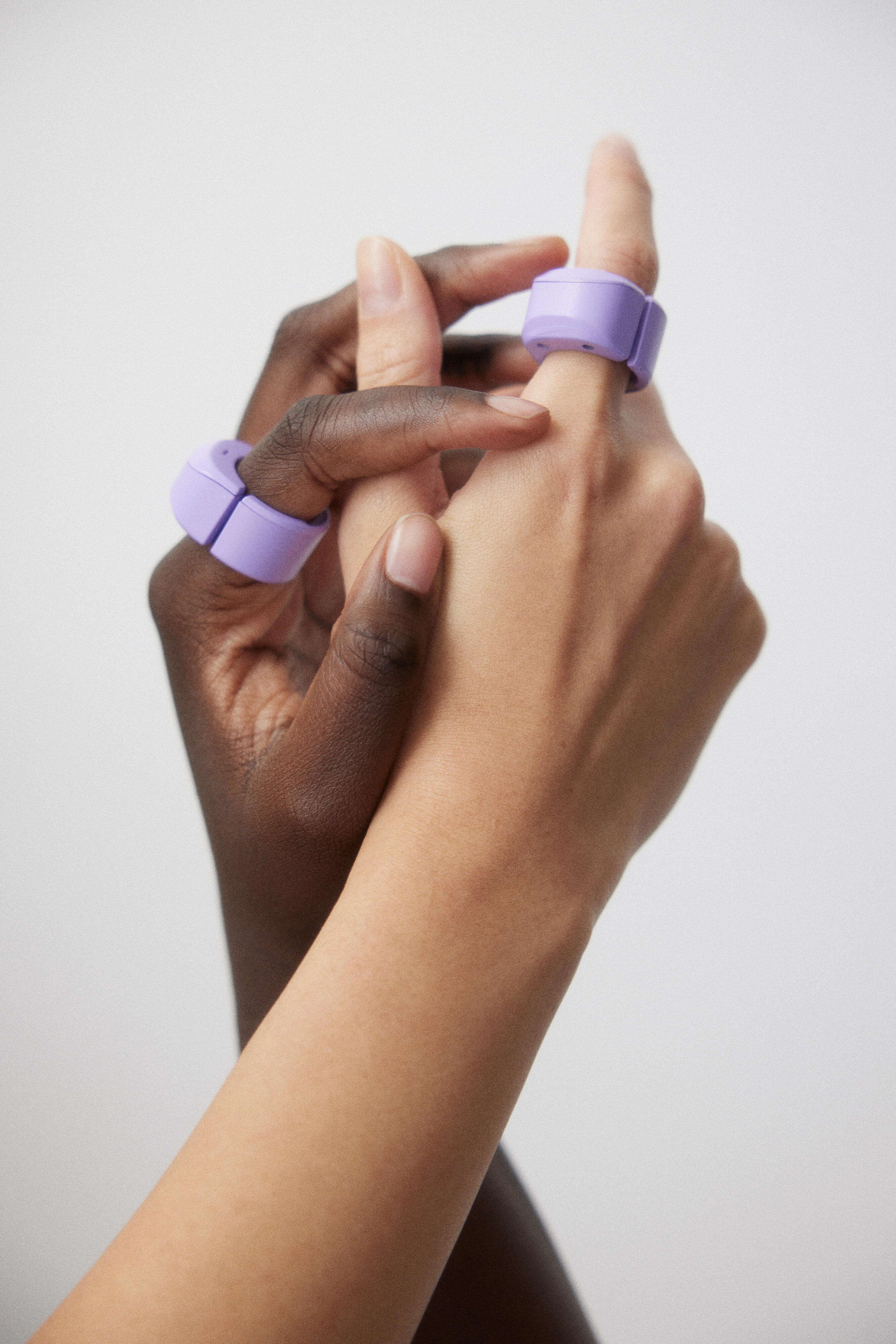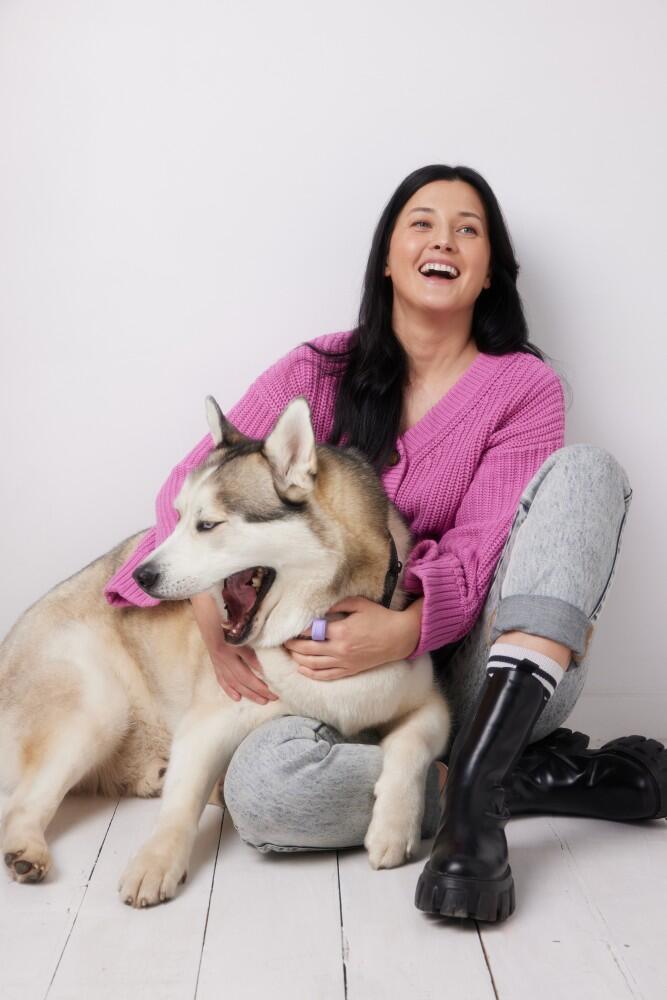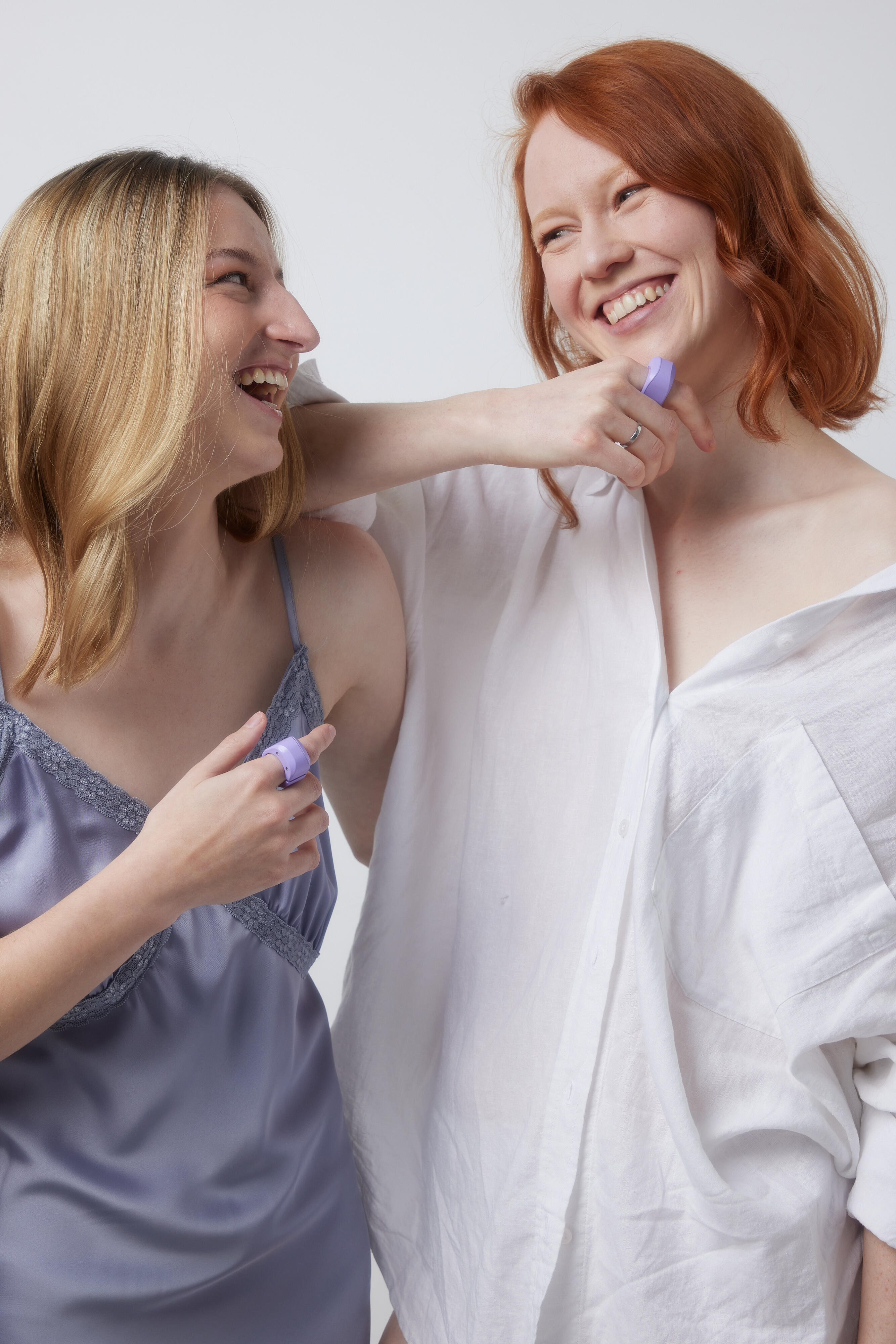After seeing a gap in the market for women tracking their menstrual cycles, Olivia Orchowski decided to fix this by creating the Kyri ring.
In doing so, she entered the “femtech” industry, which focuses on using accessible technology to enhance women’s health, particularly around fertility. This includes wearables and apps.
The industry is constantly growing and is expected to experience revenue growth of US$50.97 billion in 2023 to US$177.05 billion in 2032.
The industry makes up approximately 2% of the overall health sector, despite women spending twice as much on healthcare, with 70% of women preferring healthcare tailored to their unique needs.
Despite the demand, the femtech industry is notoriously challenging to break into, particularly for women.
Breaking into femtech as a woman
Despite femtech being marketed as an industry tailored to women, female entrepreneurs often fail to break into the space.
This is greatly due to a lack of funding for products designed by women.
“There's a lot of female founders now, and they tend to tackle a deeply personal problem, as opposed to how men tend to tackle the problems in the women's health space, which is, ‘this is a good way to capitalise and make money’,” Orchowski says.
This issue was also present in Orschowski’s story about getting Kryi Cycles off the ground.
Her inspiration for starting the business came from her previous experience as a personal trainer. In this previous profession, Orchowski noticed that many of her clients had health issues that were potentially linked to their cycles and encouraged all of them to measure their basal temperature every morning to track their cycles.
After seeing many of her clients forget to do so, she decided to create the Kryi ring that could be worn overnight and could track their cycles and give them updates through the app.

Despite the product being potentially useful to women and creating a competitor to many popular period-tracking apps, Orchowski says she experienced plenty of pushback when finding investors.
“We found it very challenging to get investment from traditional VCs because they look at what we do, and they just go, 'there's already wearables on the market, women don't need their own',” she says.
“Which is an oxymoron, because that’s the whole point. We've created something because women don’t have something specifically for them.”
Women face extra barriers in femtech, but also in entrepreneurship. In the “Gender Stereotypes and Their Impact on Women Entrepreneurs” report published by the Cherie Blair Foundation for Women, 70% of the women surveyed said that gender stereotypes had negatively affected their entrepreneurial work.
Orchowski said she had her own experiences with this. For every person who was excited to see a woman enter the space, there was another who was still sceptical, even being told by VCs that they would only invest if she brought on a male co-founder.
“We really don't need a senior male, specifically a co-founder, to come on this late in the game, because there's nothing really that a male is going to be able to do in this space as a co-founder that a woman can’t,” she says.
“If you need someone who's a senior in that co-founder role who has a technical background, there are a lot of women who have a technical background, but the specification that it needs to be a male is just bizarre.”
To navigate these issues, Orchwoski says she greatly relied on angel investors, her own savings and a Kickstarter campaign.
“When we launched on Kickstarter, that was obviously a big entry for us, where we managed to get a great group of early adopters for the ring, which was fantastic,” she says.
“It's been very challenging to obviously continue and grow and penetrate that market.”
Battling the economy
Orchwoski says after launching later than expected, the business is steadily growing and finding its footing.
Despite this, she said the current cost of living is something they’re keeping an eye on as the business progresses.
“Cost of living and inflation and interest rates and everything in between makes it challenging for every consumer brand because the first thing every single person does when they're financially strained is look at their Maslow's hierarchy of needs,” Orchowski says.

While the company is aiming to break into Asia-specific and U.S. markets in the future, right now, they are focusing on Australia, keeping them mostly safe from global tariffs.
Orchowski says that despite the financial benefits of a subscription-based model, she refuses to take that route with the base product on principle. In the future, she said she would consider subscriptions for extras.
“We do want to launch things like community forums, and maybe there'll be subscription fees to access, you know, premium additional features,” she says.
“But you should never have to pay a subscription fee to access your data for the product that you're purchasing.”
Advice for others
For other female entrepreneurs trying to break into any space, Orchowski says her number one piece of advice is to find a good mentor.
“I think that getting a mentor, whether that's for a short period or a longer period, is a very good investment, just because of how much opposition women still face in business,” she says.
“The less mistakes you can make, and the better you can navigate investment interactions.”
She also encourages women to trust their “gut” when it comes to making business decisions.
“There's always a gut feeling with the people you're bringing on to your team, and it's so far not led me astray,” she says.




